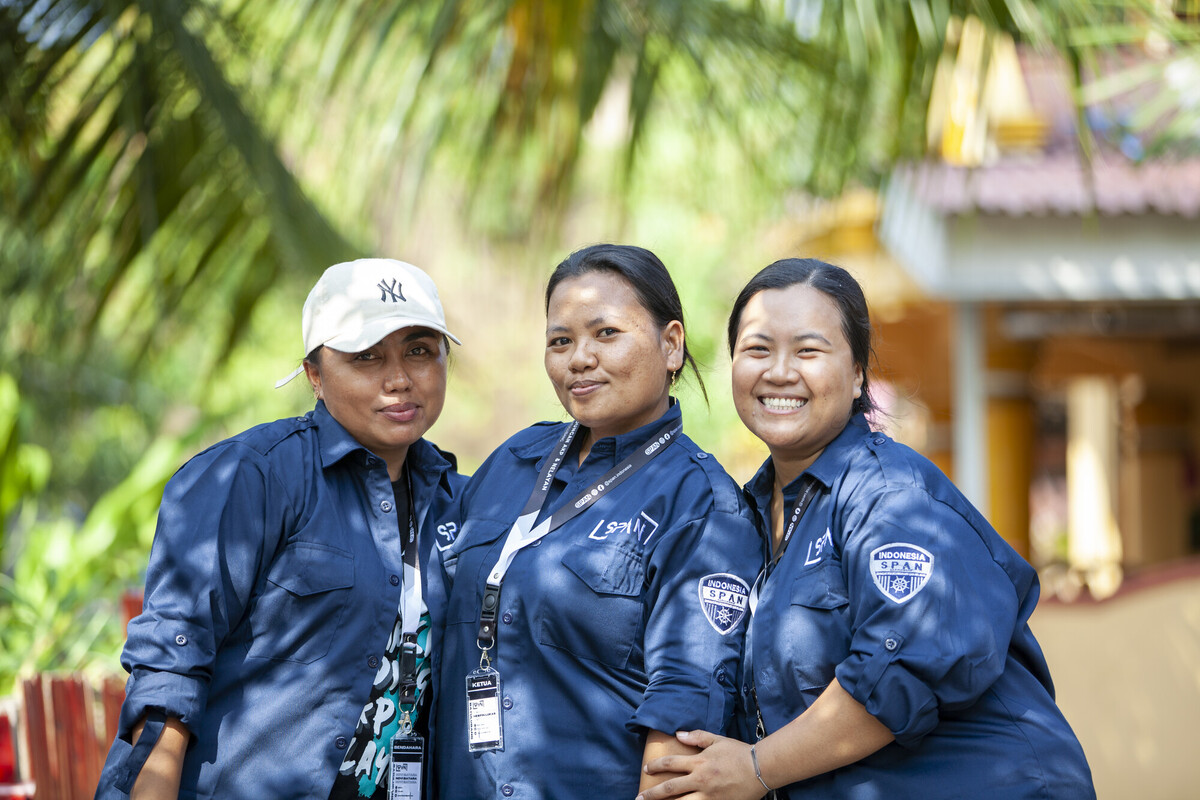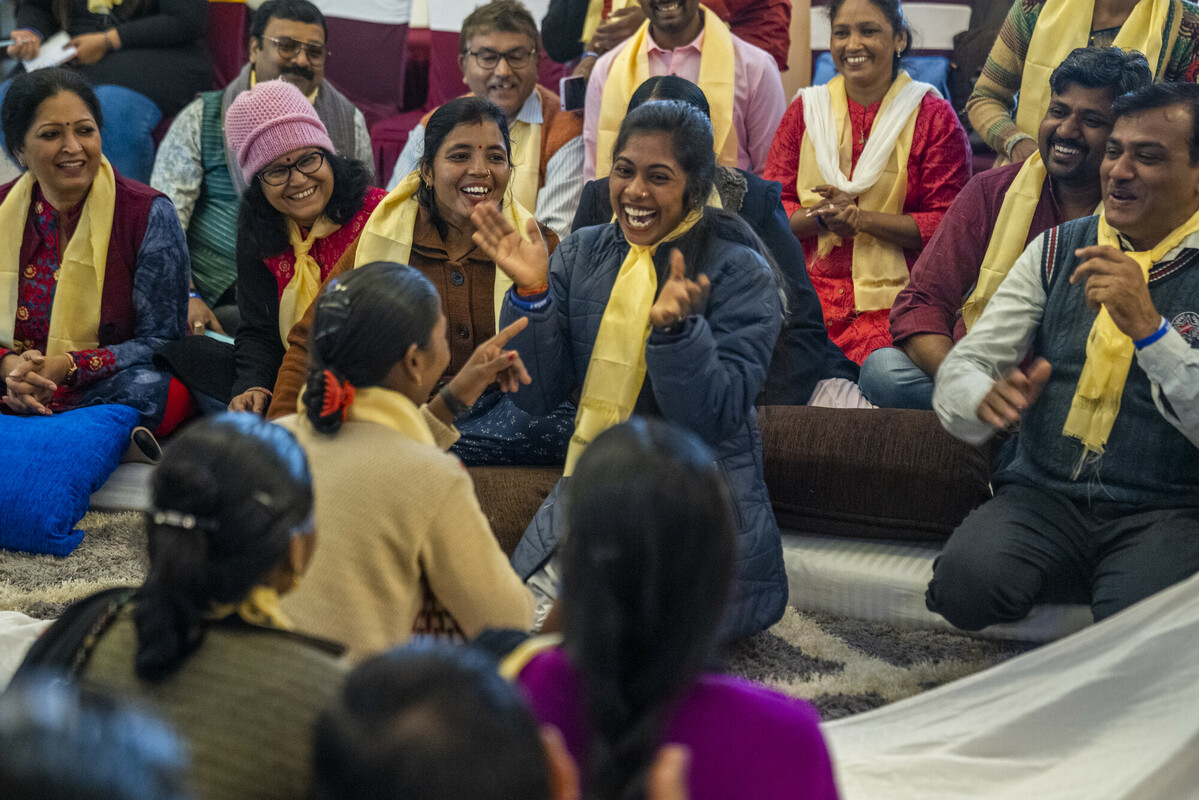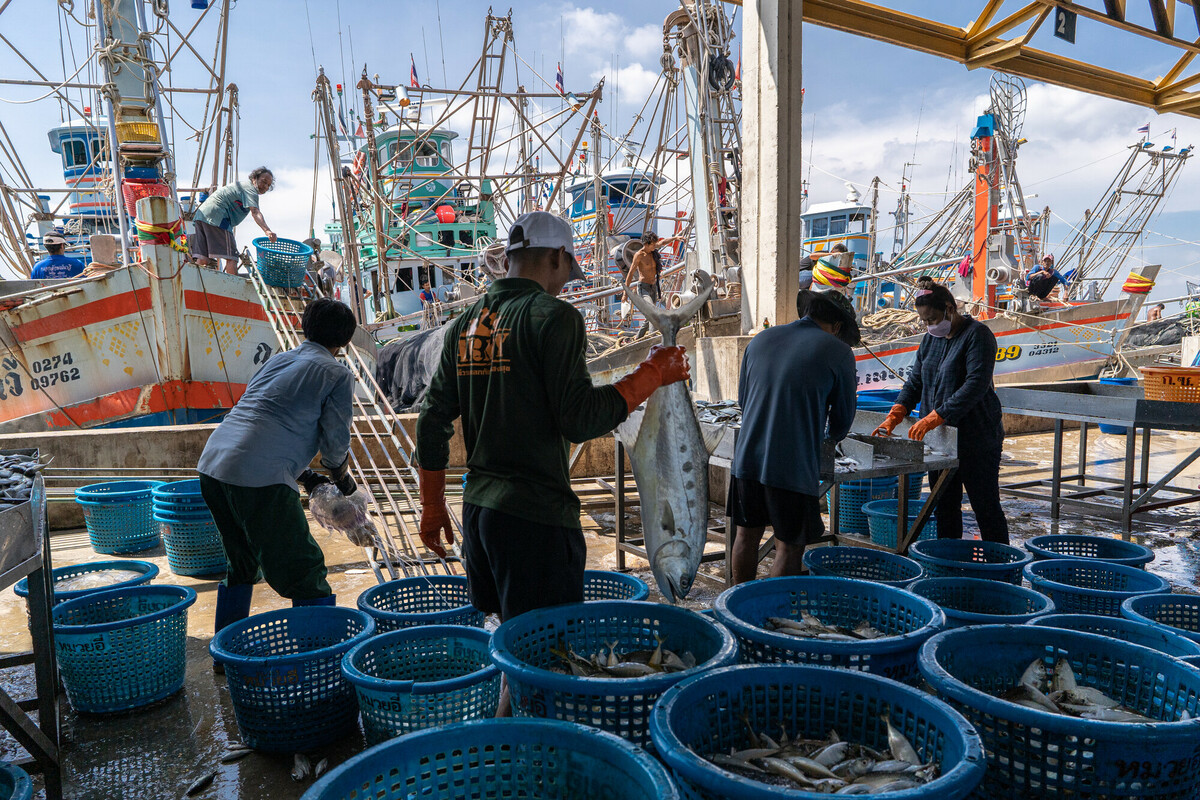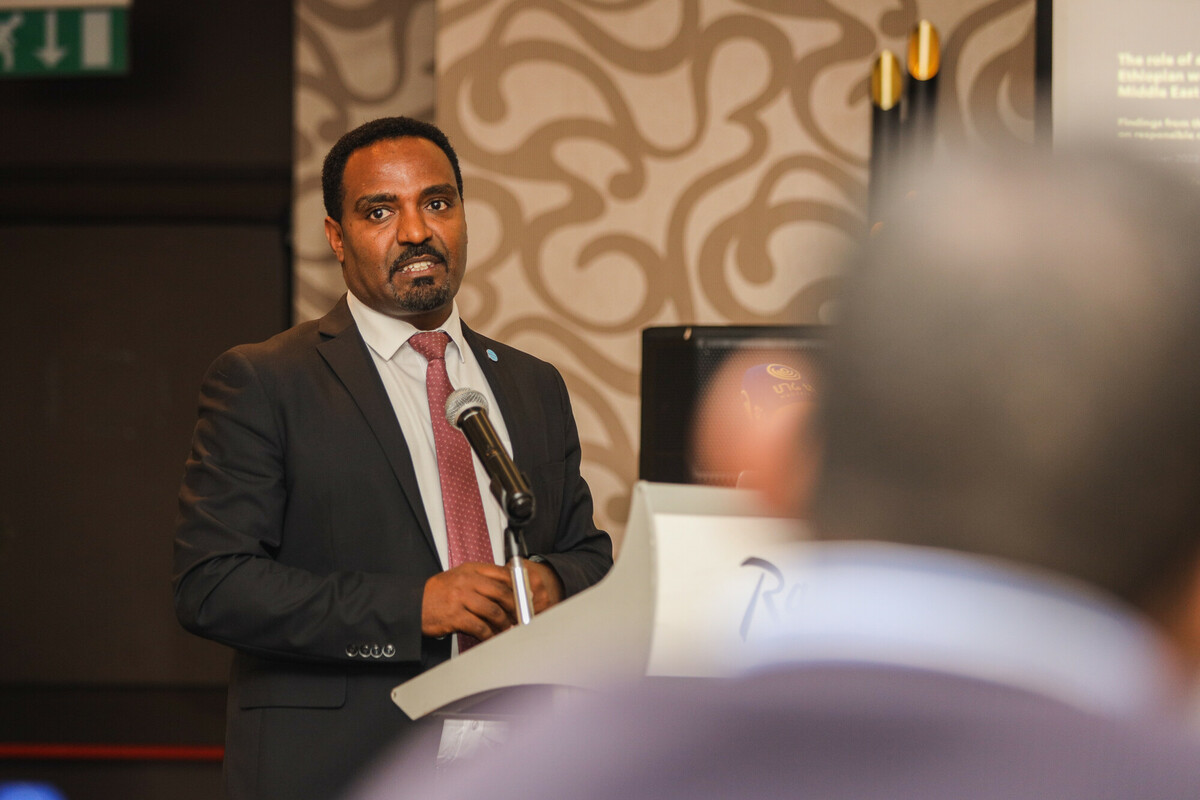Partnering for change
We believe that by listening to, funding, and supporting local organisations, we can contribute to tangible, sustainable change. We work alongside civil society partners to implement community-based interventions to inform and empower communities to better understand their rights, speak up about abuses, and access support services from government and/or other agencies.
Our partners know the context, are trusted by communities and can work in coalition to advance the rights of those marginalised and at most risk of exploitation. They also help ensure the sustainability of interventions and their long-term positive impact.
Our partners
The Freedom Fund has supported over 150 partners worldwide through our hotspot model, the Survivor Leadership Fund, research grants, and Corporate Accountability initiatives.
Fund the frontlines
We raise capital to direct funding and other forms of support to slavery hotspots around the world.
We partner with frontline organisations and communities in slavery ‘hotspots’ – places across the world where slavery is most prevalent — to counter the diversity of issues that lead to vulnerability, exploitation and slavery.
In each hotspot, we convene a network of grassroots organisations to work together toward shared objectives, multiplying their resources, impact and influence.
Our hotspot model directly facilitates collaboration, reduces competition, and creates “network capital” – helping partners to build the powerful coalitions needed to affect change at local and national levels.

Grow movements
We foster collaboration so frontline partners and local communities can unlock their collective power.
Concentrating our investment and support into defined geographic regions enables us to convene clusters of the most effective grassroots organisations and create spaces where local partners and communities come together, share learning and exercise their collective influence.
The Freedom Fund’s in-country teams work within these local partner networks, connecting them to training, new technology and long-term, flexible funding, supporting the development and implementation of new programs, and helping to improve how they measure and communicate about the impact of their work.

Change the game
We work to shift power and disrupt systems of modern slavery at both local and global levels.
We support frontline partners to build power in the workplace and in the community, encouraging collective action and fostering the leadership of survivors and groups most affected by exploitation.
We invest in survivors’ and women’s leadership so they are at the forefront of the solutions needed to end modern slavery.
We invest in efforts to hold governments, business and other powerholders accountable for abuses and put the needs of frontline communities at the centre of global conversations and policies.

Gather evidence
We measure and share the impact of our work to drive greater levels of investment into anti-slavery efforts.
Together with our partners, we measure the effectiveness of interventions with the aim of delivering scalable programs with sustainable impact. We convene researchers, practitioners and donors to share learning and best practices, ensuring that our partners’ voices are represented in international debates about what works.

